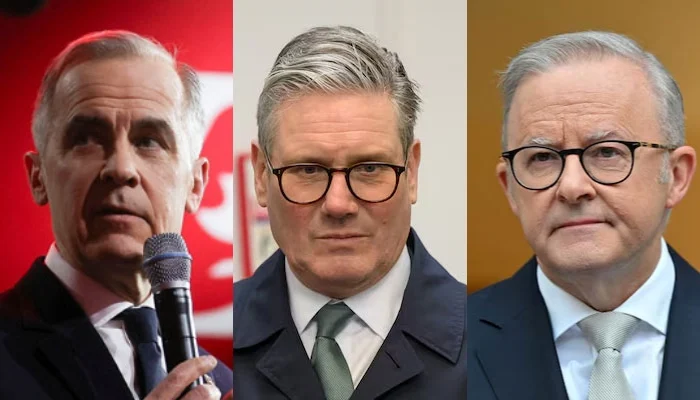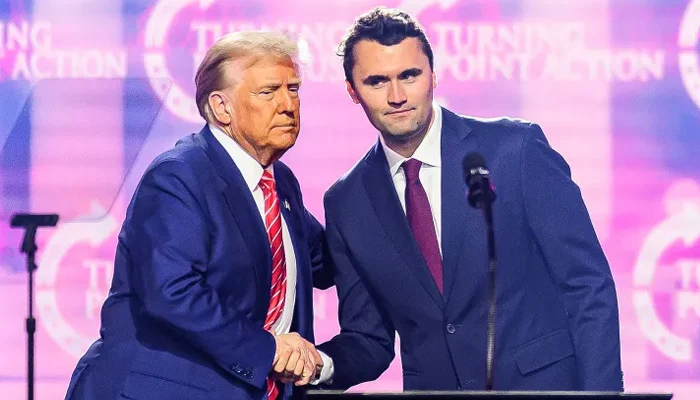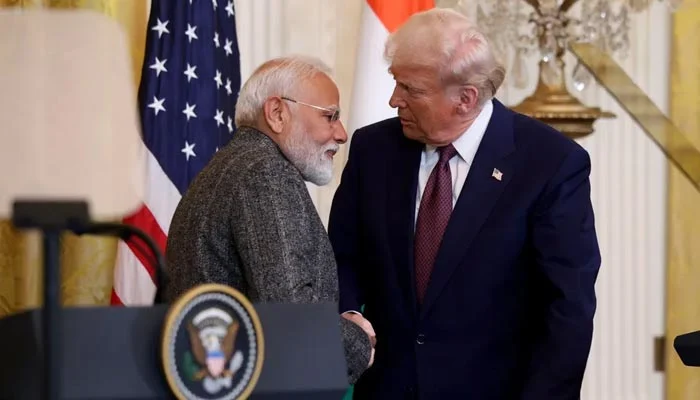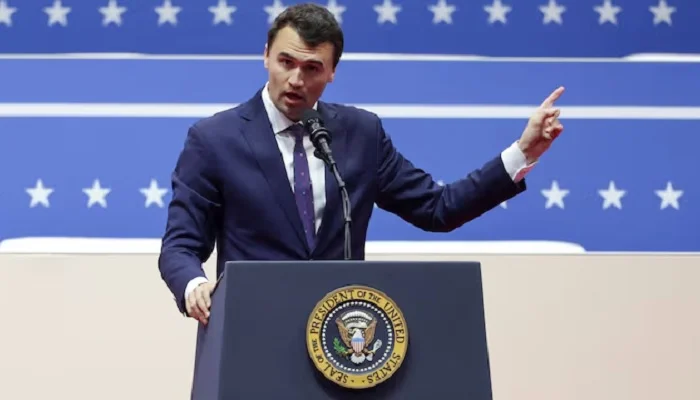In a landmark diplomatic move on Sunday, September 21, 2025, the United Kingdom, Canada, and Australia formally recognised the State of Palestine, marking a major turning point in the foreign policy of these traditional Western allies.
What Was Announced
- Britain: Prime Minister Keir Starmer declared that the UK would “revive the hope of peace for the Palestinians and Israelis,” formally recognising Palestine as a state.
- Canada: Prime Minister Mark Carney issued a statement confirming recognition and pledged partnership to build a peaceful future for both Israel and Palestine.
- Australia: Prime Minister Anthony Albanese, along with Foreign Minister Penny Wong, announced that Australia now recognises the “independent and sovereign State of Palestine.” The decision is consistent with Australia’s long-stated support for a two-state solution.
The Context & Motivation
- The recognition comes amid deepening international concern over the humanitarian situation in Gaza, ongoing conflict dynamics, and expanding Israeli settlements in the West Bank.
- These moves are timed just ahead of the United Nations General Assembly in New York, a forum where global attention is focused on crises in the Middle East and possible resolutions.
- Leaders in these three countries emphasised that the recognition is not an endorsement of any militant group, including Hamas, but rather intended to re-energize prospects for a negotiated two-state solution.
Reactions
- Palestinian leadership broadly welcomed the recognition as an “irreversible step” toward sovereignty and bringing the Palestinian aspiration for statehood closer. Foreign Minister Varsen Aghabekian Shahin described it as preserving the two-state solution and a move that lifts morale and legitimacy.
- Israeli government reacted sharply. Prime Minister Benjamin Netanyahu condemned the recognitions, arguing that such steps serve as a reward for terrorism and undermine Israel’s security. Israeli ministers also warned of consequences, including further steps in the occupied territories.
- Other international actors have taken interest. Countries including Portugal have signalled they will take similar steps.
Implications & Significance
- This is among the most significant diplomatic shifts in years for the UK, Canada, and Australia, which traditionally held back from formal recognition pending a negotiated solution with Israel.
- Because these are G7 and other significant democracies, their recognition adds weight to the global momentum for Palestinian statehood, which already has support from over 140 UN member states.
- Symbolically, Britain’s recognition carries particular resonance due to its historical role in the region’s colonial past and involvement in the creation of modern Israel.
Challenges Ahead
- Recognition in diplomatic terms does not immediately alter realities on the ground. Issues like Israeli settlements, control of key territories, access, governance, security, and the humanitarian crisis in Gaza still pose serious obstacles.
- Implementation of any practical outcomes from the recognition (e.g. diplomatic relations, state functions, negotiations) remains uncertain. The backlash from Israel and potential resistance from other allies could complicate follow-through.
- The reaction of the United States, which has historically been a major mediator, will be critical. While not explicitly aligned with this decision, US responses could affect how meaningful this recognition becomes.






